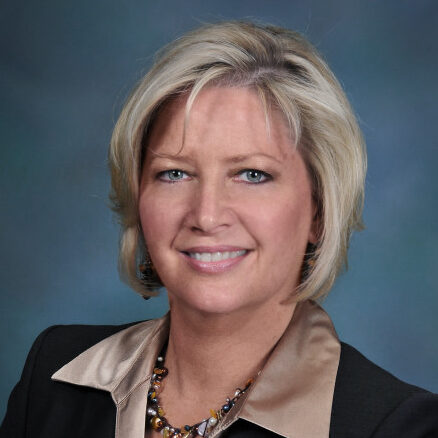
Michele Szczypka
October 24, 2023
Colleges and universities are a breeding ground for student protests during contentious situations. For the past several days, demonstrations have been popping up among U.S. universities regarding the Israel-Hamas war. Outspoken students from both sides are giving their schools a run for their money – literally – as university leadership contends with unhappy stakeholders such as donors, alumni, or students/parents threatening to withdraw support in their own kind of protest – their checkbooks.
When students gather to protest, universities must be prepared. There are legal rights for both the students and the universities to adhere to. In addition, schools have a keen responsibility to their stakeholders as they balance supporting their students and protecting stakeholder support.
Safety first. Student safety must be prioritized. In today’s environment, a stance for or against an issue may ultimately foster racism or inclusivity – the very antitheses of a university’s core values and beliefs. Ensure when demonstrations are happening that all students and faculty are fully protected.
Follow the rules and laws. There are specific freedom of expression laws in our country. The role of universities as spaces for intellectual discourse and political engagement has a long history and tradition. Academic freedom and critical thinking are essential values for the advancement of knowledge and society. Therefore, expressing political views in a respectful and constructive manner is part of the academic and philosophical debate that enriches the university community. However, it is unlawful to make threats or participate in harassment. In addition, universities should have their own code of ethics and bylaws that students must follow when planning a protest on campus. Rules may be different for public and private universities.
Understand the consequences. Sometimes, demonstrations are just that — outspoken displays of support or dissatisfaction with a current event or situation. And often, they don’t gain much traction. However, universities are unique places where academic and social freedoms are elevated and celebrated. During these events, every party must understand that not everyone will agree with their perspective and that their actions can become fodder for racial disparity and cultural discord, not to mention negative press. This can result in unwanted disapproval from other key stakeholders with unforeseen consequences.
Help students feel heard yet address stakeholders’ concerns quickly. Your leadership should be well-equipped with messaging that speaks to students’ concerns yet holds them responsible for their words and actions. The university is answerable for striking unity and harmony, even among differing or opposing views. Leadership must carefully discern when and if they need to formally address campus demonstrations and similar activities and be ready to have candid conversations with their stakeholders.
In today’s complex environment of unending issues from political to environmental to cultural, universities must wade the occasional rocky waters of free expression and stakeholder support, while adhering to their own core values. Ensuring that the voices of all students, no matter how impassioned, are heard and respected, balanced with the diplomacy of respecting the perspectives of equally passionate stakeholders is not always easy. Universities must educate and inspire while fostering an environment where diversity of thought is respected by students, faculty, and vested stakeholders.
For further information:
The Foundation for Individual Rights and Expression
Contact Michele Szczypka at Stamats for a PR/Communications consultation.
Related reading: SCOTUS: Ruling on Affirmative Action